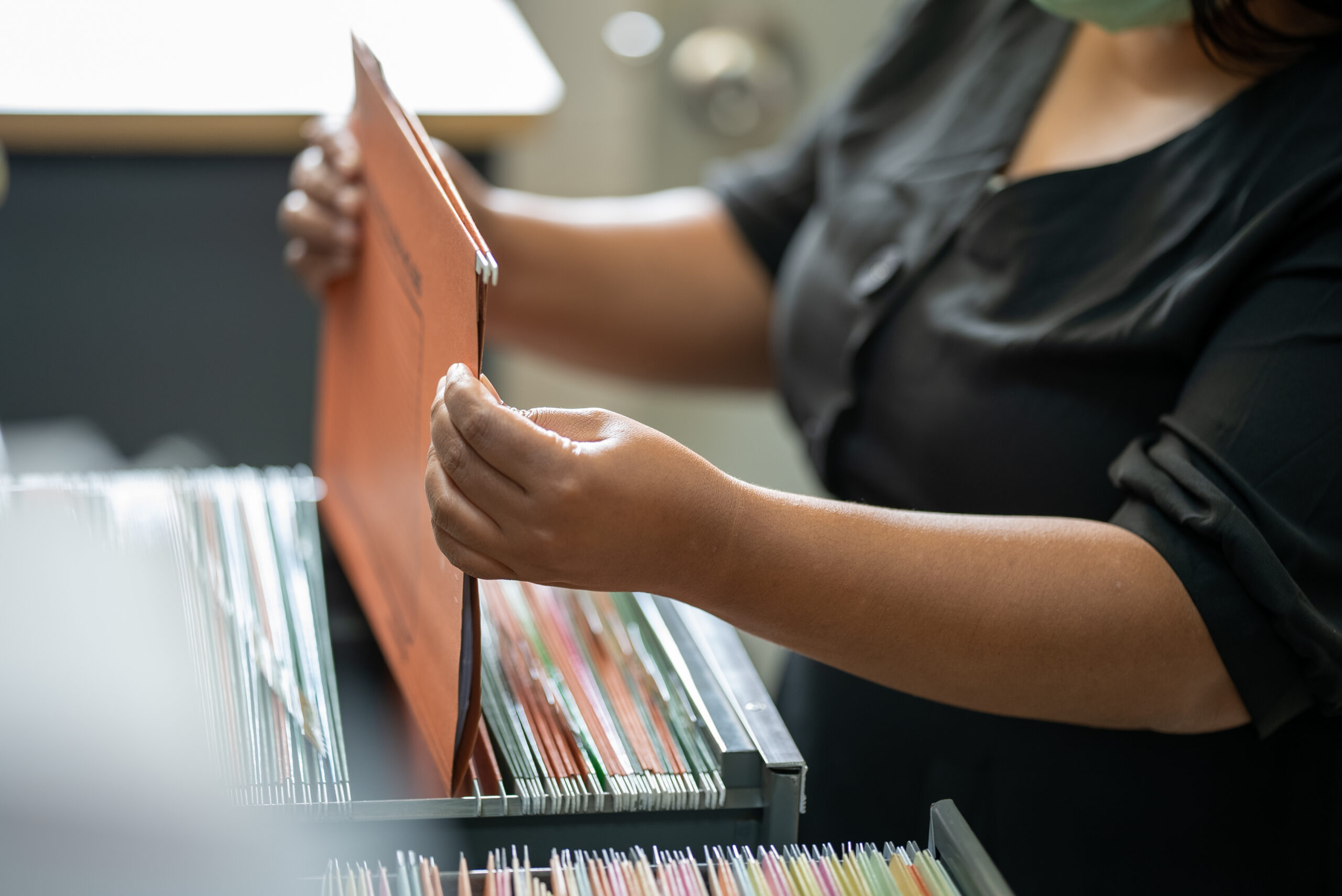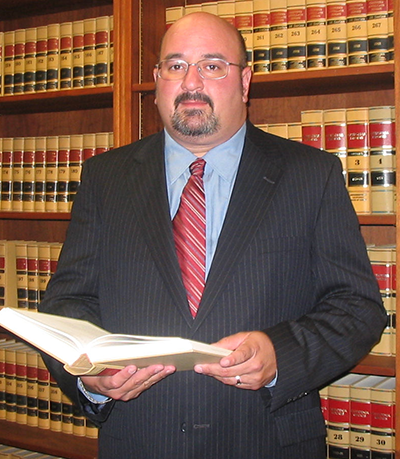Accessing California divorce records doesn’t have to be complicated. Our guide breaks down the process into simple steps, making it easy to obtain, understand and manage the confidentiality of these vital court records.
Key Takeaways
California divorce records encompass a wide array of documents, including the divorce decree, court filings like financial disclosures and evidence, and administrative records, with the divorce decree being the final court order that ends a marriage.
Divorce records can be accessed by submitting a request to the superior court, visiting the courthouse, or requesting copies from the clerk’s office, but full access to electronic filings is typically not available online, and fees may apply for certain types of copies.
While some divorce records are public, others can be sealed for privacy reasons, requiring a standard legal process involving a motion to the court and justification for sealing, and once sealed, accessing them requires a court petition showing legal necessity.
Understanding California Divorce Records
California divorce records are a treasure trove of information, containing critical details such as the divorce record itself, which includes:
The date of dissolution
Names of the parties involved
Case number
Terms of the settlement
One key document, the divorce decree, finalizes a marriage in California and outlines the rights and responsibilities of the involved parties, including asset division, custody, and spousal support.
Divorce Decree
A divorce decree acts as the final court order that officially concludes a marriage in California. This decree outlines the terms agreed upon or ordered by the court, including child custody and visitation, alimony and child support, and the division of property and debts. The Family Division of the California Superior Court issues the decree, affirming the court’s role in finalizing the dissolution of marriage.
In the legal parlance of California, a divorce decree is often known as a ‘judgment of dissolution of marriage’, authenticated by the judge’s signature.
Court Documents
Court documents, such as divorce papers, also form part of divorce records, alongside the divorce decree. These documents include:
Financial disclosures
Declarations
Evidence
Hearing transcripts related to the divorce case.
One such document is the DAL-006 form, a Confidential Cover Sheet and Declaration used by California family courts for Stay and Early Evaluation Conference documents, ensuring they’re treated as confidential. As of July 1, 2013, parties must use form DAL-006, completed form provided by the judicial council, to notify the court clerk of confidential documents.
Administrative Records
Administrative records encompass a range of documents, including:
Birth records
Death records
Marriage records
Divorce records
These administrative records, including court records, provide important documentation for various legal and personal purposes. Acting as official proof of these life events, these records form an integral part of California’s public record.
How to Find Divorce Records in California

There are several methods to find divorce records in California. These records are attainable by submitting a request to the superior court, filling out a form, and sending it by mail or visiting the court in person.
Online Search
While California courts provide online dockets that list important details about divorce cases, including case numbers, filing dates, parties involved, and a summary of pleadings, they do not offer copies of the parties’ actual filings. This may limit the amount of information you can retrieve online, particularly if you’re interested in the finer details of a case.
Visiting the Courthouse
Individuals must make a trip to the courthouse to access actual divorce filings. Here, you can access copies of all documents filed in a divorce, including the final divorce decree, which details:
child custody
support
property division
spousal support
Each of the 58 California counties has a California court, known as the superior court, with a clerk’s office where cases and other records, can be requested and obtained in person.
Requesting Copies from the Clerk’s Office
You can also obtain divorce records by requesting copies from the clerk’s office, whether in person, by mail, or online. Depending on the type of copy requested, there may be fees for plain or certified copies. Courts offer two kinds of copies: informational copies without the court’s seal, certified copies that are similar to a divorce certificate, and authorized copies that are official and restricted to certain parties. These are all viable options to find divorce records under California law.
Public Access vs. Sealed Records
Certain divorce records in California are accessible to the public, while others are sealed. This means that only certain records can be viewed by the public, making some divorce records public and others private. The extent of public records access may vary based on the specific circumstances of the case. Records are often sealed to protect privacy, sensitive financial information confidential others, or when otherwise deemed necessary by the court.
Reasons for Sealing Records
Reasons to seal records may include:
Protecting sensitive personal information, such as details about children and finances
Protecting criminal information like domestic abuse
Sealing divorce records that contain identifying information about children or victims, along with information about sexual abuse, to protect their privacy.
Process of Sealing Records
Sealing records follows a standard procedure. It involves:
Filing a motion or application to the court
Including a memorandum and a supporting declaration detailing facts that justify the sealing of the record
If the court approves the sealing, the record must be labeled ‘SEALED BY ORDER OF THE COURT ON [DATE]’ and stored securely away from the public file.
Accessing Sealed Records
Gaining access to sealed records is a challenging task. One must present legal justification in a petition to obtain copies from the court, indicating reasons surpassing the initial motives for sealing that satisfy the court’s consideration of various factors, including the interests of the parties and the principle of public access.
Privacy Concerns and Redacting Sensitive Information
During divorce proceedings, privacy concerns take precedence. The courts aim to strike a balance between public access to electronic records and the need to protect legitimate privacy concerns.
Confidential Declarations
To manage public disclosure of sensitive information in family court proceedings, confidential declarations are used, ensuring the redaction of details like social security and financial account numbers from public filings. This helps protect the privacy of individuals involved in a divorce.
Agreements Between Parties
Parties can also enter into confidentiality agreements during divorce proceedings to ensure certain details, such as financial information or marital misbehavior, remain private and do not become part of the public court records.
Consequences for violating these agreements or court orders can include court-imposed monetary sanctions or specific financial penalties as outlined in the agreement.
Court-Ordered Redactions
Courts can also order the redaction of personal identifying information from documents available by remote electronic access to protect individual privacy. This includes adhering to established procedures, like submitting a Cover Sheet for Confidential Information (form DV-175), to ensure the confidentiality of information in subsequent filings.
Alternatives to Traditional Divorce Filings
If you wish to maintain a higher level of privacy, alternatives to traditional divorce filings are available. These alternatives include mediation, collaborative divorce, and private settlements.
Mediation
Mediation is a process facilitated by an impartial mediator who aids disputing parties in reaching a mutually acceptable agreement, without making decisions on their behalf. This can save time, money, and reduce emotional distress for the parties involved.
Collaborative Divorce
In a collaborative divorce, spouses negotiate an agreement with the assistance of specially trained collaborative lawyers. This process involves several meetings with both clients and lawyers to negotiate the settlement. Additional experts like child custody specialists or accountants can be brought in to assist in the collaborative divorce process.
Private Settlements
Private settlements generally encompass negotiations on the following aspects:
Child custody
Visitation
Child support
Spousal support
Property division
Debts
These agreements can provide a more private and amicable way to end a marriage.
Navigating Child Custody and Support Records
Custody and support records become a critical part of the process when children are involved in a divorce. These records are generally accessible to the public, but some sensitive documents are subject to redaction or sealing to ensure confidentiality.
Public Access to Custody Records
In California, custody papers are generally viewed as public records and are accessible to the public. However, records of paternity and child adoption cases are exceptions to this rule, as they are deemed confidential and not available for public inspection.
Sealing Custody Records
In California, certain court-ordered custody agreements, particularly in cases that are confidential by law such as paternity and adoption cases, may be kept confidential. Parties involved in a child custody case can request the court to seal their records to shield the identities of children or victims of domestic abuse.
Handling Sensitive Information in Custody Cases
California Family Courts have measures in place to handle sensitive information in custody cases and protect privacy. Files containing mental health evaluations and custody recommendations are subject to redaction or sealing to guard the privacy of the individuals involved.
The Role of Legal Professionals in Accessing Divorce Records

Accessing divorce records significantly involves the role of legal professionals. Their knowledge of the process ensures the correct paperwork is filed to successfully seal divorce records. Lawyers play an integral part in guiding their clients through the procedural landscape, ensuring that the clients comprehend their legal entitlements and obligations fully.
Obtaining Court Records
Acquiring authenticated copies of divorce decrees and related documents from California County Superior Courts is a task where family law attorneys play a significant role. They can also help ensure that the public record does not reveal sensitive details like child support calculations or personal data.
Sealing or Redacting Records
Attorneys can offer assistance in filing a motion or application to the court to seal records. For example: They provide a memorandum and a supporting declaration that detail facts justifying the sealing of the public record. They can ensure that sealed records are labeled correctly and stored securely away from the public file.
Navigating Complex Cases
By managing the intricacies of California’s legal requirements and procedures related to divorce records, attorneys offer critical support in complex divorce cases. They also play a crucial role in managing the emotional dynamics of divorce cases, providing emotional support to help clients feel more empowered throughout the process.
Summary
Navigating the complexities of divorce records in California can seem like a daunting task. However, with a clear understanding of the various types of court records, how to access them, and the role of legal professionals in this process, you can confidently navigate this journey. Whether you are going through a divorce, researching family history, or simply seeking clarity, this guide provides the tools to empower you to access the information you need.
Frequently Asked Questions
Are divorce records public in California?
Yes, divorce records in California are public records, so anyone can now request copies of a copy of the divorce decree from a California court.
How do I know if I am divorced?
To confirm your divorce status, contact the family court where the proceedings took place and inquire with the court clerk for details additional information about your divorce case.
How can I obtain a copy of my divorce decree in California?
To obtain a copy of your divorce decree in California, you can make a request with your attorney or the superior court and fill out a request form, which can be done by mail or by visiting the court in person.
Are there alternatives to traditional divorce filings?
Yes, you can consider mediation, collaborative divorce, or private settlements as alternatives to traditional divorce filings. These options can offer more amicable and cost-effective solutions.
How can I seal my divorce records?
To seal divorce records, you need to file a motion or application to the court, including a memorandum and a supporting declaration. If approved, the record will be labeled ‘SEALED BY ORDER OF THE COURT’ and stored securely away from the public file.



